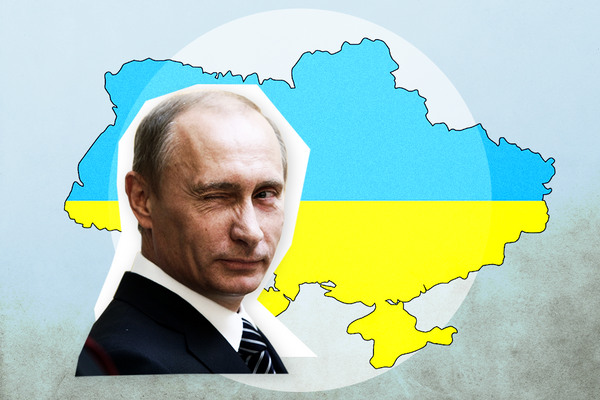Russia’s big plans for Ukraine. G7 foreign ministers warned Sunday of “massive consequences” if Russia invades Ukraine. It was the first joint statement by the group of rich democracies since recent satellite images revealed a significant buildup of Russian troops and military equipment on the border with Ukraine. Indeed, according to reports, the force that Moscow is massing near Ukraine is larger than the one it used to annex Crimea in 2014. This comes after the Pentagon said that Russia could have 175,000 troops on the border by the end of January in order to invade the former Soviet republic. In an attempt to lower the temperature last week, President Biden and Vladimir Putin held a long video call, but the Russian president was not deterred by Biden’s threat of more economic sanctions if Russia escalates further. Putin says he wants NATO not to expand membership any further into the former Soviet Union, and to stop military cooperation with Ukraine. Moscow will reportedly send a proposal for a security arrangement this week. But Putin, who has already indicated his willingness to threaten European energy markets, also knows all too well that while Washington talks a tough game, it is not willing to send in troops to defend Ukraine.
More from GZERO Media
China’s Politburo — the top leadership cabinet — said Monday it would take “more proactive” fiscal measures and loosen up its monetary policy in 2025 as it aims to boost domestic consumption.
What’s next for Syria: HTS appoints PM, Kurds caught in the crossfire, Israel makes a move
HTS leader Ahmed Al-Shara, aka Abu Muhammad Al-Golani, overlooks Damascus, Syria, after the overthrow of Bashar Assad on Dec. 8, 2024.
The Shura Council of Hayat Tahrir al-Sham, or HTS, has appointed Mohammed al-Bashir as interim PM of its proposed 18-month transitional government of Syria. What will his appointment mean for Syria, how are the Kurds faring amid the chaos, and why is Israel making moves inside Syria?
While many investors took a ‘wait-and-see’ approach in the lead up to the election, as the results sets in, investors and businesses are evaluating how recent political shifts will impact market conditions and capital flows in the months ahead. With the election now behind us, will the next administration drive a transaction revival and support new investment opportunities? Analyze election impacts to markets and industries with insights from leading experts on the issues that matter most with Beyond the Ballot, brought to you by RBC Capital Markets.
In addition to multiple ongoing conflicts, a year of electoral instability, and pandemic hangovers, the return of Donald Trump as the US president injects further unpredictability into the geopolitics.
President-elect Donald Trump has pledged to end Russia’s war with Ukraine.
What will President-Elect Donald Trump’s election win mean for the US economy? After years of inflation and stagnating wage growth, millions of voters elected Trump off the back of his promise to usher in a “golden age of America.” Trump has vowed to raise tariffs, slash business regulation, and deport millions of undocumented immigrants, policies he says will put Americans first. But what will that mean practically for workers and consumers? On GZERO World, Ian Bremmer is joined by Oren Cass, the founder and chief economist of the conservative think tank American Compass, who thinks Trump’s tariff plan will be a step in the right direction.
This week, in GZERO Daily, we will be rolling out our top political game changers of the year. Stay tuned, and check back here on Friday for our Top 10.
Syrian refugees in Ankara, Turkey, celebrate the fall of Syrian President Bashar al-Assad on Dec. 8, 2024.
The toppling of Bashar Assad’s regime in Syria could significantly impact the future of Syrian refugees, in both neighboring states and beyond.
Forget the Eras Tour: From Paris to New York City, US President-elect Donald Trump had a whirlwind weekend.
